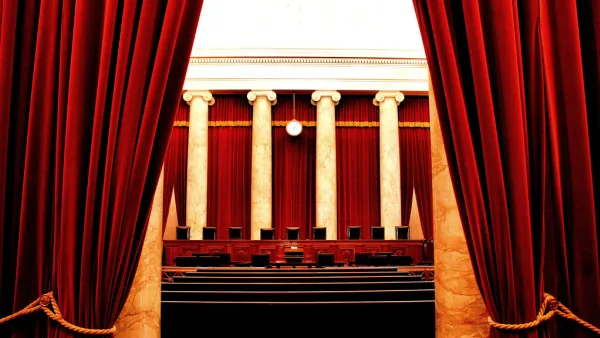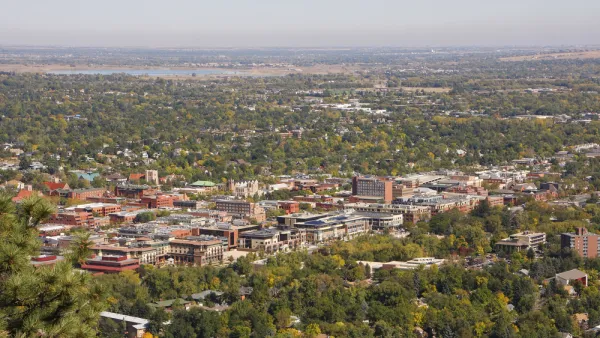Despite receiving $10 million in rental assistance through a state-run program, landlords in Arizona have filed thousands of evictions since the pandemic began.

Despite receiving financial assistance from a state program aimed at preventing evictions during the pandemic, some Arizona landlords "filed nearly 2,500 eviction notices during the pandemic," according to an investigation by Jessica Boehm, Catherine Reagor, and Ralph Chapoco for the Arizona Republic. "Gov. Doug Ducey's office launched the Arizona Rental Property Owner Preservation Fund in August with $5 million to assist landlords whose tenants were not paying their rent during the COVID-19 crisis. The state added an additional $5 million to the fund in September after the initial funds quickly ran out." The program "provided funding to 4,204 rental units at 869 properties across the state between August and January."
The fund was administered through Gov. Ducey's Economic Recovery Management Team rather than the state's Housing Authority and "differed from other rental assistance programs across the state because it allowed landlords to apply directly for aid instead of requiring tenants to apply." Tenant advocates claim that this created "the potential for landlords or renters to double-dip by applying to multiple pools of money through agencies that weren't sharing information." According to the Republic's investigation, "nearly half of the 633 Maricopa County properties that received assistance from the fund filed for evictions," including one landlord who, after receiving the largest sum in the program at close to $1 million, filed for more than 350 evictions. "Another landlord filed for eviction on almost 30% of his tenants at a single Glendale apartment complex despite receiving $50,000 in assistance."
Landlords argue that the assistance didn't go far enough and that evictions or rent raises were necessary to stay afloat. The Arizona Multifamily Association said in a statement, "the state has not allocated and deployed nearly enough funding to cover all the unpaid rent in the state." Because tenants are still required to meet certain conditions under last year's eviction moratoriums, they claim, "not all evictions filed last year were forbidden under eviction moratoriums." Property owners warn that, without further assistance, "the costs of unpaid rent — and the cost of maintenance, property taxes and other business expenses — would ultimately be passed along to tenants who do pay their rent."
FULL STORY: Arizona landlords who received grants to help with non-paying tenants filed hundreds of evictions anyway

Analysis: Cybertruck Fatality Rate Far Exceeds That of Ford Pinto
The Tesla Cybertruck was recalled seven times last year.

National Parks Layoffs Will Cause Communities to Lose Billions
Thousands of essential park workers were laid off this week, just before the busy spring break season.

Retro-silient?: America’s First “Eco-burb,” The Woodlands Turns 50
A master-planned community north of Houston offers lessons on green infrastructure and resilient design, but falls short of its founder’s lofty affordability and walkability goals.

Test News Post 1
This is a summary

Analysis: Cybertruck Fatality Rate Far Exceeds That of Ford Pinto
The Tesla Cybertruck was recalled seven times last year.

Test News Headline 46
Test for the image on the front page.
Urban Design for Planners 1: Software Tools
This six-course series explores essential urban design concepts using open source software and equips planners with the tools they need to participate fully in the urban design process.
Planning for Universal Design
Learn the tools for implementing Universal Design in planning regulations.
EMC Planning Group, Inc.
Planetizen
Planetizen
Mpact (formerly Rail~Volution)
Great Falls Development Authority, Inc.
HUDs Office of Policy Development and Research
NYU Wagner Graduate School of Public Service




























